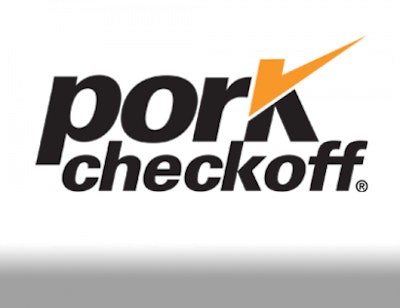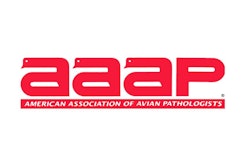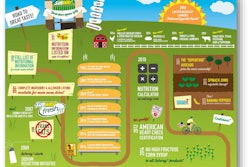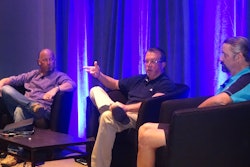
The National Pork Producers Council criticized Subway’s decision to eliminate antibiotics from protein and urged the fast food chain to reconsider this decision in a full-page advertisement in Thursday’s edition of The Wall Street Journal. Representing the nation’s pig farmers, the council called Subway’s decision irresponsible and potentially harmful to the nation’s food supply.
The council said it supports phasing out the use of medically important antibiotics to treat humans, actions that ranchers and farmers are already taking. But by removing all antibiotics, Subway could render livestock without access to animal medicines and result in disease and death.
Without antibiotics, farmers will not be able to prevent fast-spreading diseases, the advertisement states.
The council says some interest groups may applaud Subway’s decision, but question whether these groups will stand with Subway if large animal populations become sick.
The advertisement notes that meat industry associations could have provided Subway with scientific facts before deciding to eliminate antibiotics. The council implores the company to work with the pork industry to take a more balanced approach.
The pork industry website noted in the ad is www.porkcares.org.
Editors Insight: The use of antibiotics in agriculture is a scientific matter that challenges the food supply chain. Antibiotic drugs are medicines that farmers use to prevent illnesses. Many well-informed people believe these drugs are overused in farming and should be phased out.
Companies in the food supply chain need to understand why antibiotics are sometimes used and why some people think they are overused. Companies handling meat should recognize the concerns on both sides of this debate and have information available for customers who have questions.
As medicine progresses, questions arise about its use and abuse. Businesses that handle meat do not always have experts on staff to provide an informed opinion on a matter of scientific debate. This is why it is important for companies to support organizations that do have this expertise. 10-30-15 By Elliot Maras

















